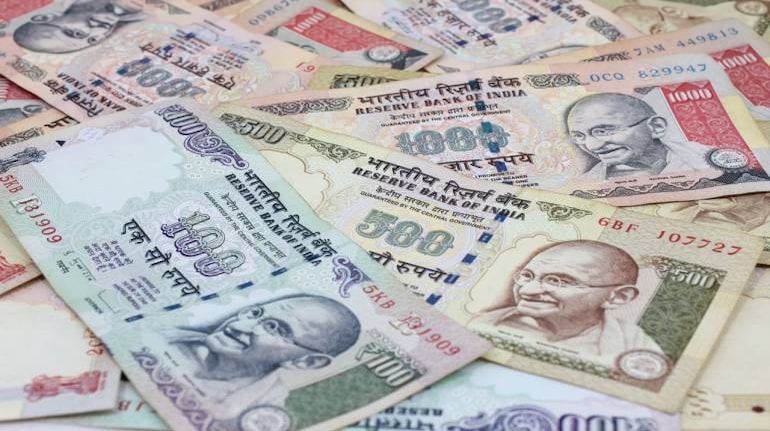



Despite the steep fiscal consolidation glide path ahead, the pre-election Union Budget will also look at a higher capex in the next fiscal but ideally the Central government will have to strike a balance between both, experts said.
“There are two issues that the finance minister will have to deal with. There is an issue of doing more capex, which has been the trend of the last few budgets, and then there is an issue of fiscal consolidation, which the last few budgets have done in a very credible way. The finance minister will have to contribute to both these things,” Samiran Chakraborty, Chief India Economist, Citigroup said at Moneycontrol pre-budget panel discussion on January 31.
Since it's a pre-election budget, to what extent there will be an element of populism that feeds into this complicated equation is something to be seen.
“It's going to be a budget of both capex and fiscal consolidation. This budget being an interim one will not have lots of new policies in it. It would be more a recap of all the achievements of the government over the last five years, and what policies have been put in place already. We will hear more about the success of those policies,” he said.
The worries on India's fiscal are much less now despite the general government deficit of the country being quite high compared to the peers. Similarly, India’s debt to GDP ratio is also very high, according to Chakraborty.
“Given the specific nature of financing that we have of almost the entire fiscal being financed domestically, I have rarely heard of investors being concerned about the extent of fiscal. In fact, the kind of demand for these bonds that we've seen in the last couple of years from some of the captive buyers, like banks, insurance companies, pension funds, etc, have been far in excess of what the historical trends would have suggested. The key question is if we can credibly show a path towards fiscal consolidation to 4.5 percent of GDP in the near term on the central government fiscal deficit, and to get the debt to GDP below 80 percent. Then there is a strong case for looking at a rating upgrade for the economy,” he said.
The government has also shown a lot of fiscal transparency by bringing in off balance sheet items into on balance sheet. That's also another aspect which investors give a lot of credit to the government.
“The government should be targeting a 5.2 percent fiscal deficit for next fiscal. Even 10-20 basis points here and there from that number would not be that bad an outcome given that we are in a pre-election year,” he said.
The government has to indicate to the rating agencies or the policy watchers that India is well on its way towards fiscal consolidation. India missed the Fiscal Responsibility and Budget Management (FRBM) Act targets since COVID shock by massive margins and has not been able to restore it.
“A balance will have to be established, a path will be shown and investment prioritisation will continue to be the focus of the Budget,” DK Shrivastava, EY India Chief Policy Advisor said.
India is committed to a path which brings down the deficit to 4.5 percent of GDP by 2025-26.
“For first preference, is to be on the path of fiscal consolidation. Second, within the means for spending, the focus should be on the capex, because it would increase productive capacity and make it easier to consolidate over the medium run. With higher growth, fiscal consolidation always becomes easier,” Dharmakirti Joshi, Chief Economist, Crisil said.
Discover the latest Business News, Sensex, and Nifty updates. Obtain Personal Finance insights, tax queries, and expert opinions on Moneycontrol or download the Moneycontrol App to stay updated!
Find the best of Al News in one place, specially curated for you every weekend.
Stay on top of the latest tech trends and biggest startup news.